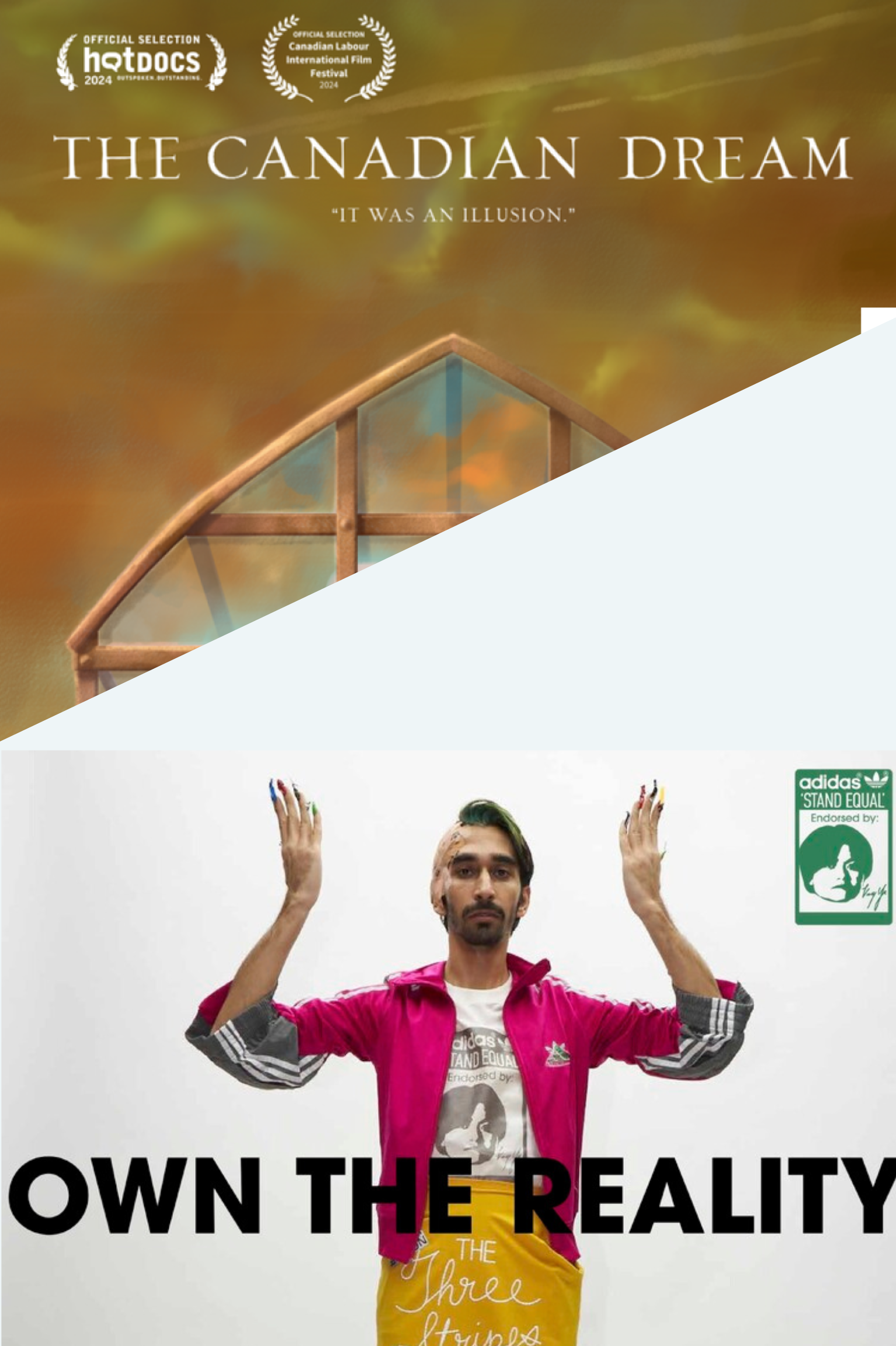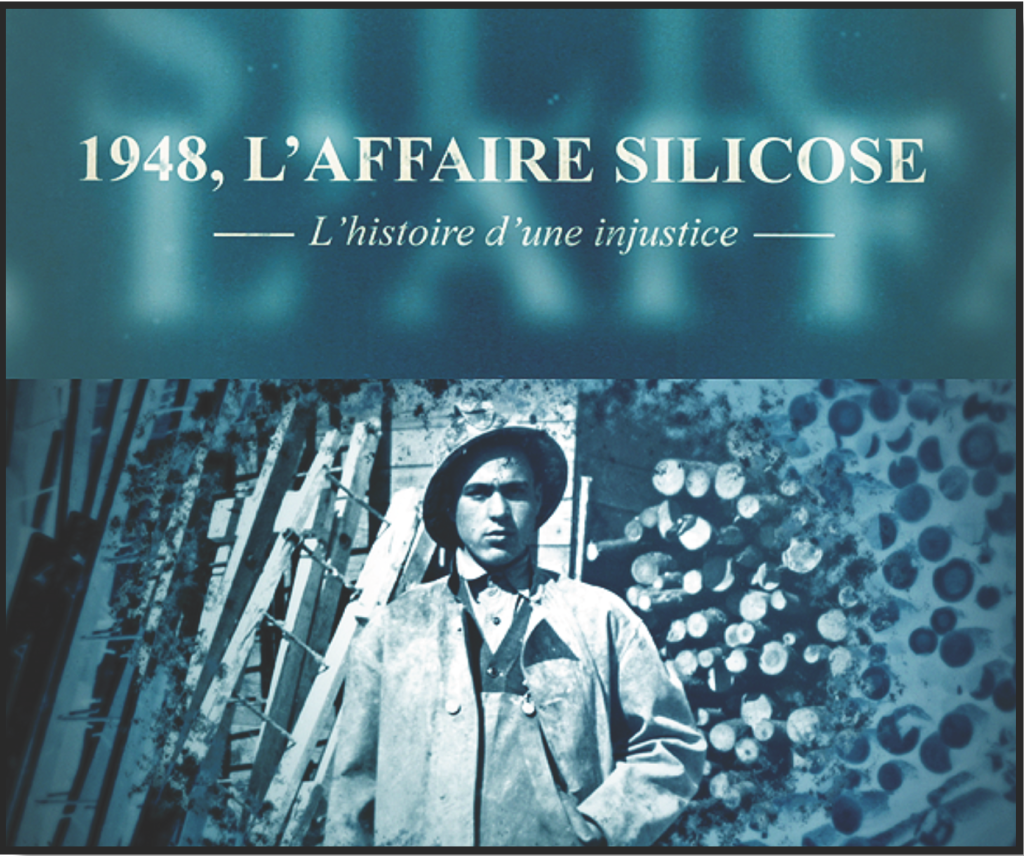CONGRATULATIONS TO OUR 2024 AWARD WINNERS
THE BEATING HEART AWARD

The Beating Heart Award recognizes a filmmaker from an equity-seeking group to help support these important voices in film. Women, non-binary, LGBTQ, persons of colour or Indigenous filmmakers are eligible for this award. The recipient is voted on by CLiFF Board members and the award includes a $100.00 CAD prize.
Counting Days follows Ayano, a Japanese migrant worker faces reality of living in a foreign land. She tries to seek a way to stay and live in Canada. Ayano makes herself a morning coffee with one of the filters that she just bought. It is a pack of 90. The number of days before her VISA expires. Through Ayano we learn what it feels like to be living as a temporary foreign worker and the vulnerability that comes with this along with pressures like the rising cost of living. Beautifully shot. It is a tender and heartfelt portrait.
LABOURSTART AWARD FOR WORKING CLASS SOLIDARITY

2020 was the first year we awarded the LabourStart Award for Working Class Solidarity and it recognizes the festival film that speaks the most to building worker-to-worker global solidarity. This award is funded by LabourStart and the recipient is voted on by the global executive of LabourStart. The award includes a $100 CAD prize. Two films have won the 2024 award and will each receive the $100 CAD prize.
The Canadian Dream is a film about a migrant worker’s pursuit of ‘The Canadian Dream’ takes a nightmarish turn as he uncovers an unsightly truth in the Ontarian agricultural industry.
Adidas Owns the Reality tells the story of Trickster activists the Yes Men as they collaborate with Clean Clothes Campaign and Berlin fashion designers to orchestrate an elaborate hoax announcement in an effort to improve conditions for garment workers and sustainability in the Adidas supply chain.
BEST CANADIAN FILM

The Best Canadian Film award recognizes the Canadian film which best meets CLiFF’s purpose of telling stories of workers, unionized and non-unionized, thorough film by sharing the voice of those who seek justice on the job and dignity in the workplace. This award is chosen by Canadian festival attendees. This award includes a $100 CAD prize.
1948, The Silicosis Affair is a documentary by Bruno Carrière which finally lifts the veil on the drama which shook the miners of St-Rémi-d’Amherst, their families and all of Quebec in the 1940s.
BEST-IN-FESTIVAL AWARD

The CLiFF Best-in-Festival Award is the film judged by CLiFF Board members to be the best in the festival. This award carries with it a $100 CAD prize.
Adidas Owns the Reality tells the story of Trickster activists the Yes Men as they collaborate with Clean Clothes Campaign and Berlin fashion designers to orchestrate an elaborate hoax announcement in an effort to improve conditions for garment workers and sustainability in the Adidas supply chain.
Miguel Cifuentes Radical Change Award

The Miguel Cifuentes Radical Change Award was created in memory of CLiFF’s late board member and a longtime labour activist, Miguel Cifuentes, who passed away in 2014. The award goes to the film that best reflects his passion for social justice and commitment to social change and is chosen by his family. This award carries with it a $100 CAD prize.
Bargaining Forward is a documentary showcasing the unity and resilience of 22,000 public sector workers in New Brunswick, Canada, as they strike against wage suppression.
From the Cifuentes family: The CUPE team understood the importance of building connections among the union members and between the workers and their communities. Courses, information pickets, 1000-person marches, Halloween picket-parades, all contributed to their being able to demand respect and dignity from the government. The film is an example of what is needed to build successful unions and communities. Adelante, Compañeros/a!

